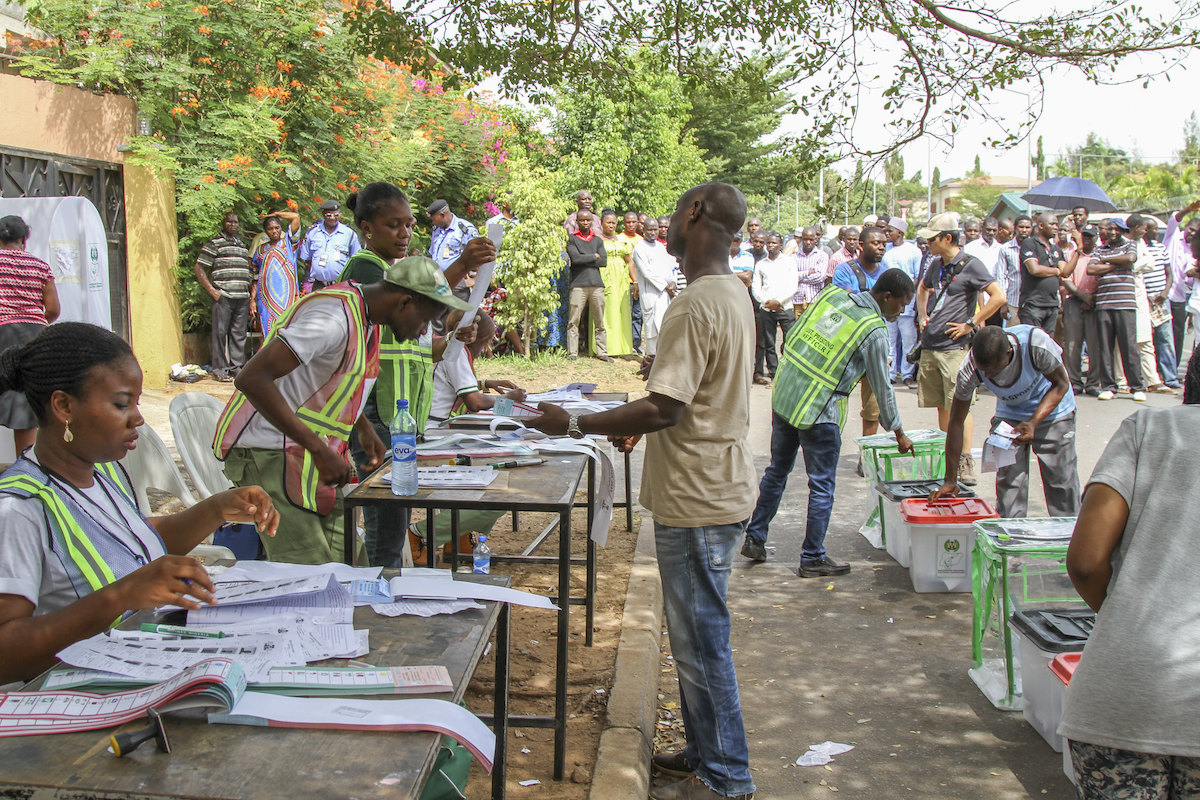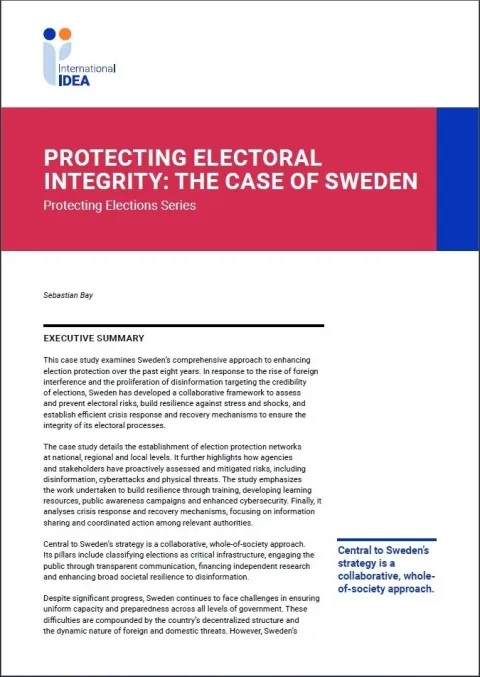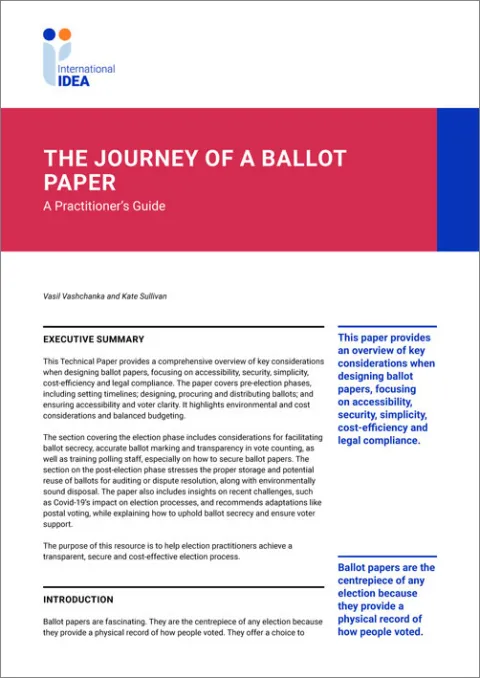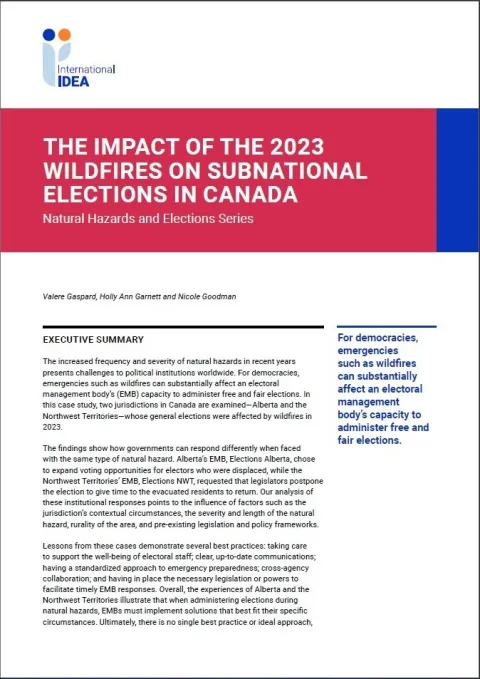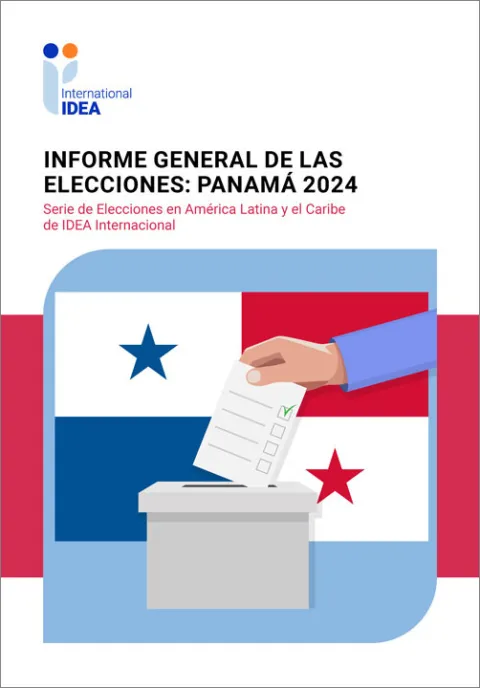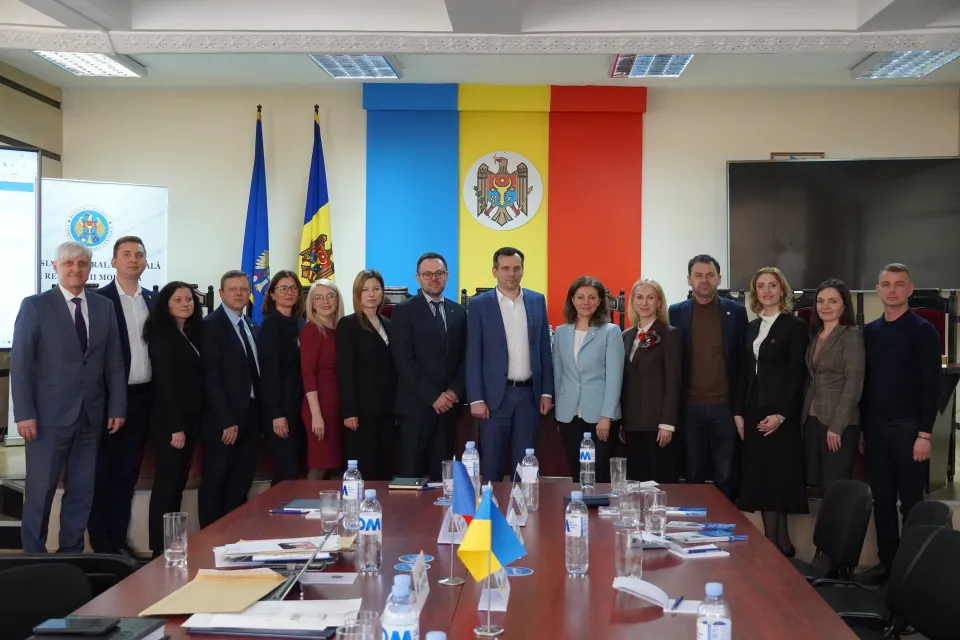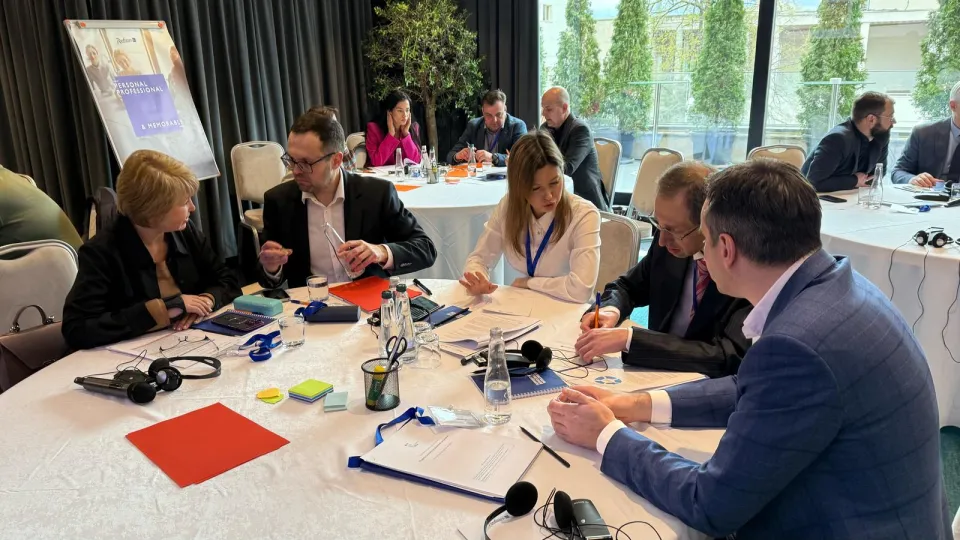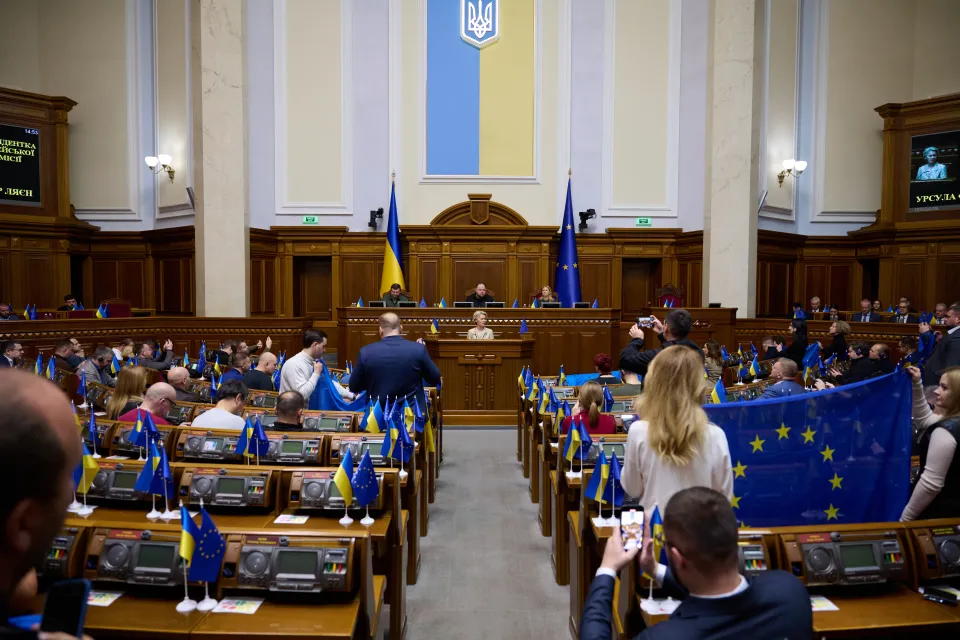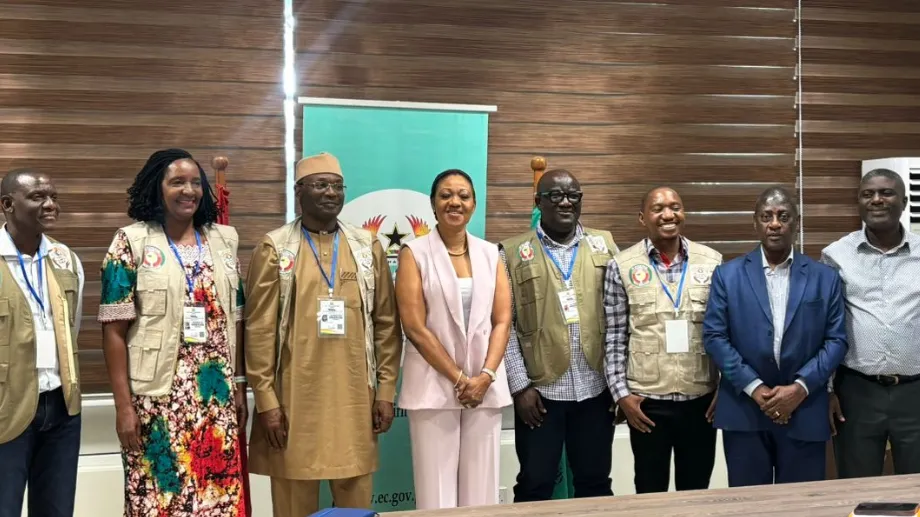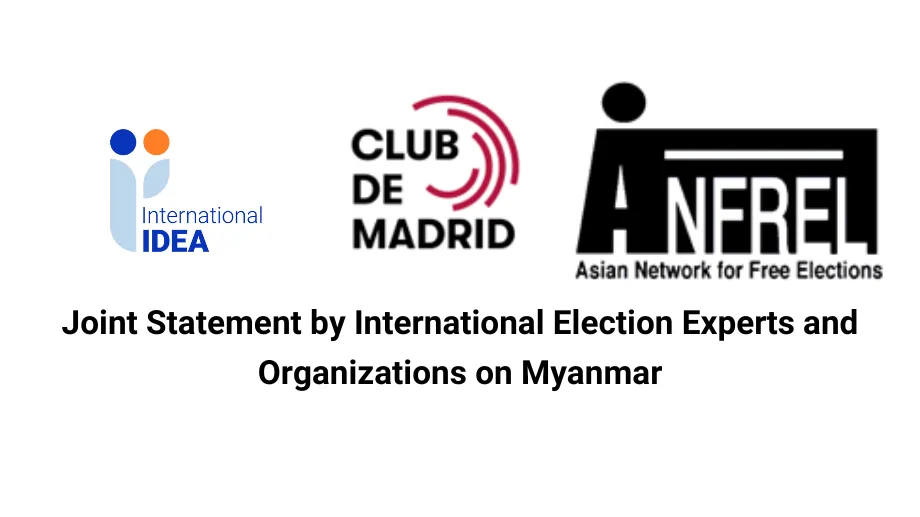Guide on Internal Risk Factors to Electoral Processes in West Africa (2022-2023)
The management of elections is a complex task because electoral integrity can be challenged across the electoral cycle. Therefore, organizations with mandates or interests to protect electoral integrity should be well-versed in managing risks to electoral integrity.
This Guide draws on the methodology devised by International IDEA’s 2018 Electoral Risk Management Tool: Internal Factors Guide to outline key internal (process-related or endogenous) risk factors to electoral processes in West Africa. The focus is on five case countries: Ghana, Liberia, Mali, Sierra Leone and Togo. They highlight 28 internal factors clustered into different chapters reflecting seven phases of the electoral cycle. The author provides an introduction and empirical cases from the region for each factor. Next, they propose observable indicators and methodology for data gathering and analysis.
Optimally, this Guide should be used with the Guide on External Risk Factors to Electoral Processes in West Africa (2023–2024), which covers external (context-related or exogenous) risk factors. Both Guides are part of a broader International IDEA’s Electoral Management Tool (ERM Tool) package.
Details
Related databases & tools
Contents
Introduction
Phase I. The legal and institutional framework
Phase Il. Planning and preparation for the implementation of electoral activities
Phase lll. Training and education
Phase IV. Registration
Phase V. Electoral campaign
Phase VI. Voting operations
Phase VII. Verification of election results
References
About the author
About International IDEA
Give us feedback
Do you have a question or feedback about this publication? Leave us your feedback, and we’ll get back to you
Send feedbackGuide on Internal Risk Factors to Electoral Processes in West Africa (2022-2023)
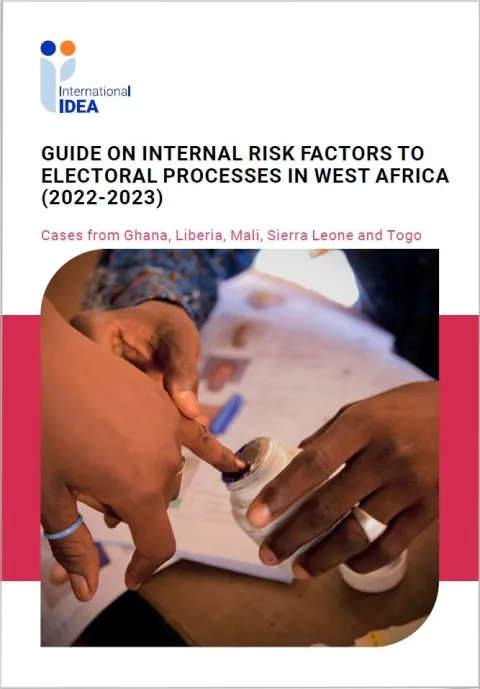
| Total views | 1386 |
|---|---|
| Downloads | 70 |
| Rating |
Related databases & tools
Give us feedback
Do you have a question or feedback about this publication? Leave us your feedback, and we’ll get back to you
Send feedback